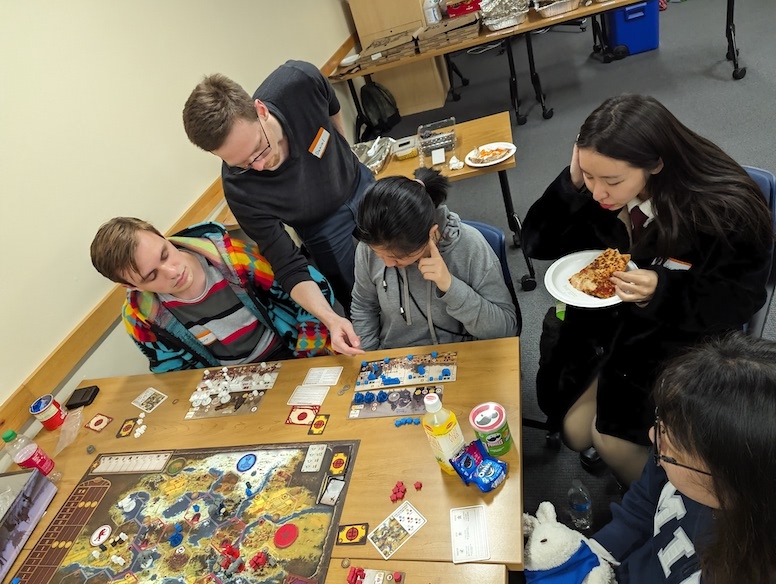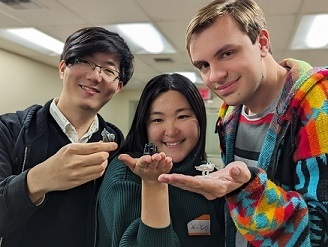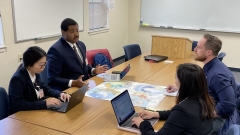Middlebury Institute Team Will Develop Game to Counter Extremist Recruitment in Schools
| by Stephen Diehl
Researchers at the Center on Terrorism, Extremism, and Counterterrorism will partner with the game company iThrive Games Foundation on a two-year project funded by the Department of Homeland Security.





